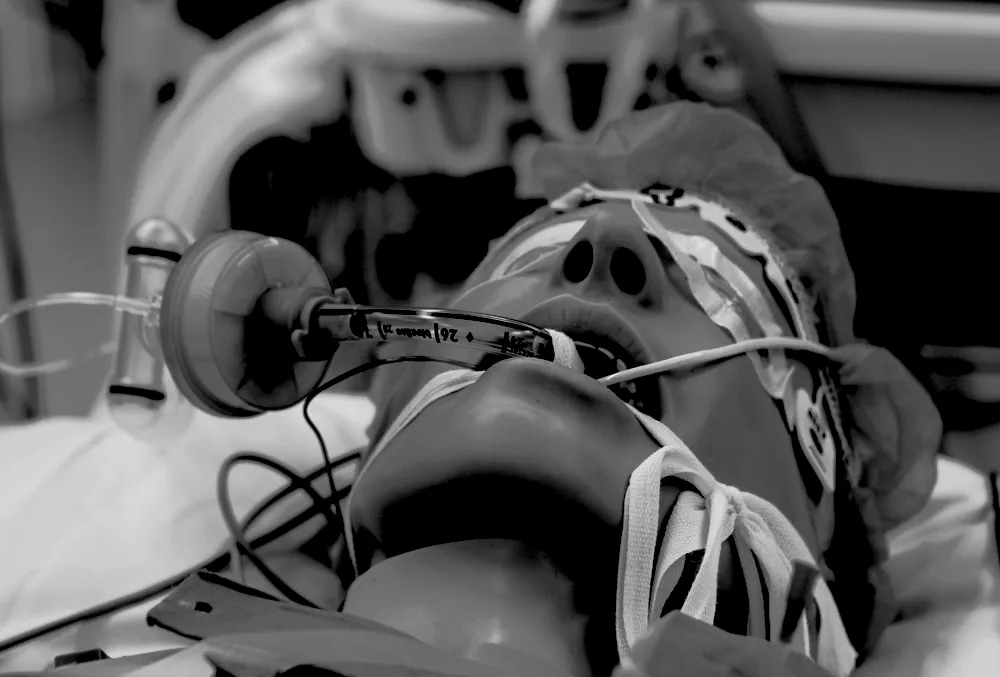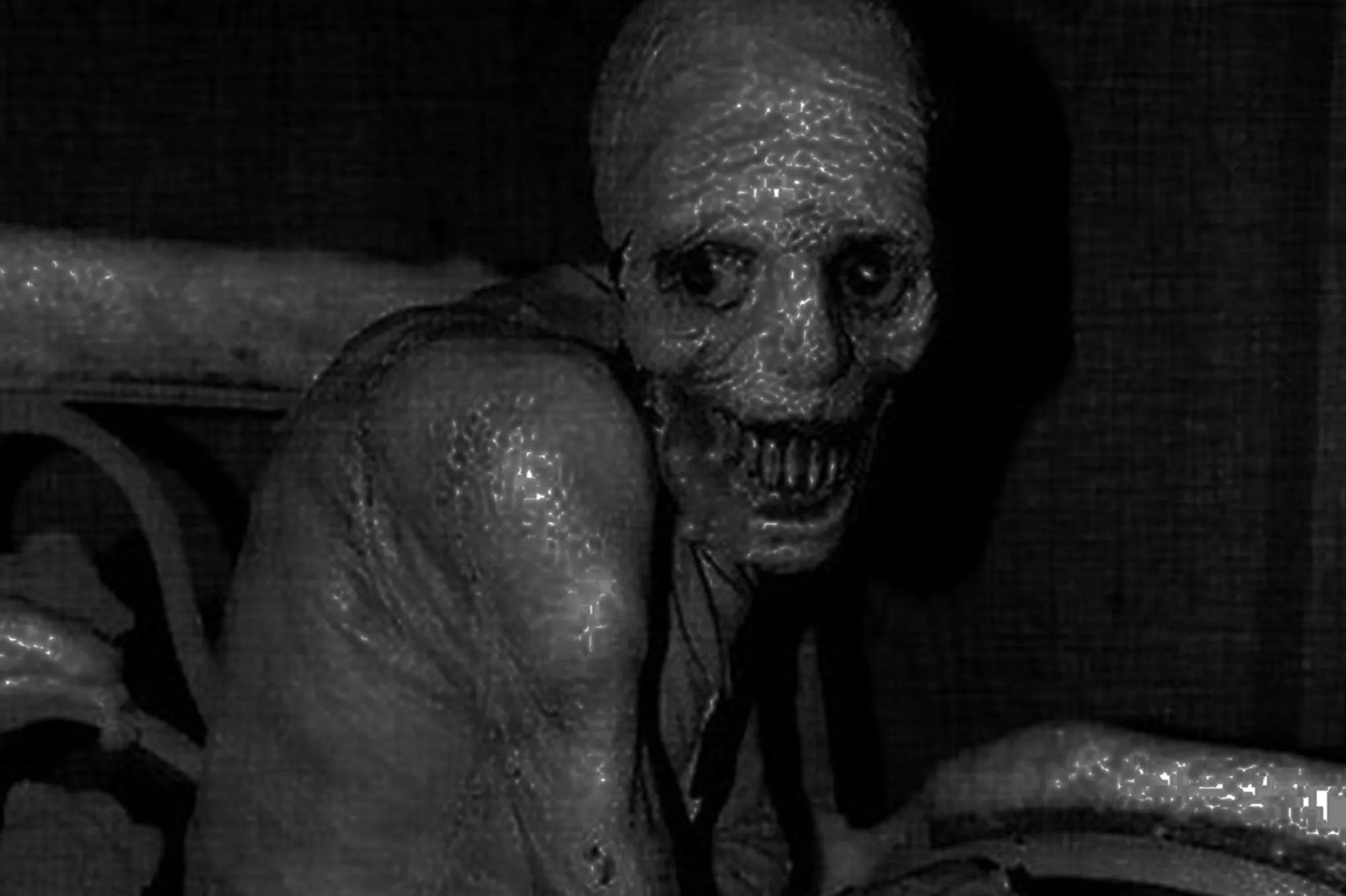Coma by Michael Crichton

Introduction:
"Coma" by Michael Crichton is a gripping medical thriller first published in 1977. This classic novel explores the world of medicine, ethics, and the chilling potential for abuse in the healthcare industry. Crichton's background as a physician lends authenticity to the medical details in the story, while his skill as a storyteller keeps readers on the edge of their seats. In this review, we will explore the enduring strengths of "Coma," including its meticulous research, well-drawn characters, and the way it continues to resonate with contemporary issues in healthcare.
Meticulous Research and Medical Accuracy:
One of the standout features of "Coma" is the meticulous research and medical accuracy that Michael Crichton brings to the narrative. As a medical doctor himself, Crichton's deep understanding of the medical field is evident throughout the book. He takes readers on an immersive journey into the inner workings of a prestigious Boston hospital, providing a detailed and authentic portrayal of medical procedures, terminology, and ethical dilemmas.
Crichton's ability to translate complex medical concepts into a narrative that is both accessible and informative is commendable. The novel offers readers a front-row seat to the surgical world, hospital protocols, and the moral dilemmas that often arise in the medical profession. This accuracy not only educates readers but also enriches the immersive experience, making them feel as though they are right there in the operating room and the hospital corridors.
Well-Drawn Characters:
"Coma" boasts a cast of well-drawn characters who add depth and complexity to the narrative. Dr. Susan Wheeler, a young and determined medical resident, serves as the story's central character. Her intelligence, determination, and unwavering commitment to uncover the truth make her a compelling and relatable protagonist.
The supporting cast, including Dr. Mark Bellows, another medical resident, and Dr. George Harris, the hospital's chief of surgery, are equally well-drawn. Each character brings their own motivations, doubts, and struggles to the story. Crichton's portrayal of their personal and professional lives allows readers to connect with them on a human level, making their experiences and decisions feel real and emotionally resonant.
Relentless Suspense:
"Coma" is a masterclass in building and maintaining suspense. Crichton's narrative unfolds with an atmosphere of tension that keeps readers engaged from the very first page. The slow and methodical buildup of suspense ensures that readers are hooked early on and keeps them eagerly turning the pages.
The author skillfully employs dramatic irony, where the reader knows more than the characters. As Dr. Susan Wheeler edges closer to uncovering the medical mystery, the tension escalates, and readers are constantly on edge, anticipating the moment when the truth will be revealed. The climax of the novel is a testament to Crichton's ability to craft a narrative that keeps readers guessing and invested in the outcome.
Exploration of Ethical Dilemmas:
"Coma" is not just a medical thriller; it also delves into profound ethical dilemmas within the field of medicine. The novel raises critical questions about the ethics of organ transplantation, the role of medical research, and the potential consequences when doctors prioritize their professional interests over patient well-being.
The story's portrayal of the medical profession as a competitive and high-stakes environment highlights the moral ambiguity that can arise when personal ambition clashes with the duty of care. Crichton prompts readers to reflect on the ethical implications of advancing medical knowledge at the expense of patient lives and the consequences of neglecting patient advocacy.
Social Commentary:
"Coma" also serves as a social commentary on the power dynamics within the medical industry. It sheds light on the vulnerability of patients within a system where they often rely on the integrity of medical professionals. Crichton's portrayal of the inner workings of a prestigious hospital and the secrecy that surrounds certain medical practices exposes the potential for abuses of power and underscores the need for transparency in the medical field.
The novel also explores the role of women in medicine, as Dr. Susan Wheeler navigates the challenges and discrimination she faces in a male-dominated field. Her journey showcases her resilience and determination to make her voice heard while shedding light on the hurdles that female medical professionals often encounter.
Timeless Relevance:
"Coma" remains a relevant and thought-provoking read, even decades after its initial publication. Its exploration of medical ethics, the potential for abuse of power, and the vulnerability of patients is as pertinent today as it was when the novel first debuted. The moral and ethical dilemmas it presents continue to resonate with readers, sparking discussions about the importance of patient advocacy and the need for transparency in healthcare.
Conclusion:
"Coma" by Michael Crichton is a timeless medical thriller that continues to captivate readers. Its meticulous research, well-drawn characters, and relentless suspense are just a few of its enduring strengths. Crichton's exploration of medical ethics and the potential consequences of unchecked ambition in the healthcare industry remains relevant and thought-provoking.
The novel's ability to entertain, educate, and spark important discussions about the ethical dilemmas within the medical field showcases its enduring impact. "Coma" is not only a captivating thriller but also a reflection of real-world issues that make it a compelling and necessary read for anyone interested in the intersection of medicine and ethics.






